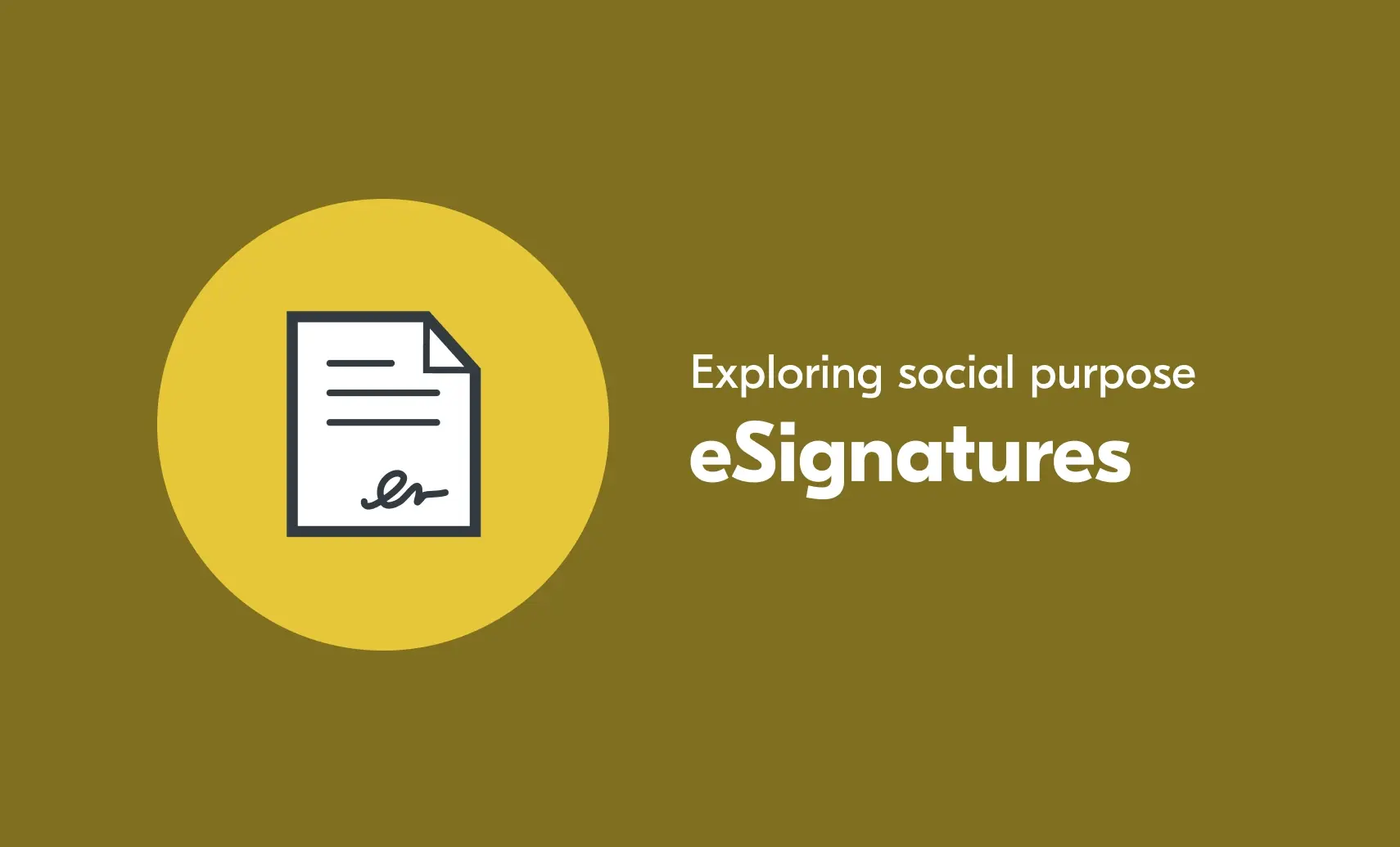Articles
DSIT report on public views of digital identities
Last year, the Department for Science, Innovation and Technology (DSIT) commissioned a public dialogue to seek views from the public on digital identities. They wanted to explore the benefits and concerns associated with digital identity services. We take a look at some of the key findings and themes from the public dialogue, and what this means for the future of digital identities in the UK. UK digital identity and attributes trust framework Digital identities give us a way to prove who we are, without needing to use physical documents. They can offer us greater privacy, security and convenience over
Thoughts from our CEO
In this blog series, our CEO Robin Tombs will be sharing his experience, whilst focusing on major themes, news and issues in the world of identity verification and age assurance. Digital age verification for alcohol I’m pleased to see the UK Home Office consult on whether age verification technology should be allowed for the sale of alcohol. This is a big step forward and demonstrates the growing importance and demand for digital proof of age. Yoti’s technology can help remove the significant challenges and high levels of abuse faced by retail, bar and security staff when assessing the
How Digital IDs can protect you from deepfake scams
Deepfakes are a hot topic right now. Taylor Swift recently became the victim of a deepfake scam; firstly an AI generated video of her promoted a fake cookware competition, and then explicit AI images of her went viral online. AI voice cloning technology pretending to be President Joe Biden tried discouraging people from voting in the polls. And celebrities including Piers Morgan, Nigella Lawson and Oprah Winfrey found deepfake adverts of them online endorsing an influencer’s controversial self-help course. But it’s not just celebrities and public figures who are at risk of deepfakes scams. Fraudsters are also using deepfake technology
Addressing social challenges: How eSignatures can help solve everyday problems
Our purpose is at the core of everything we do. Our principles are integrated throughout our business, whether that’s how we go about our day-to-day operations, interact with one another or design and build our solutions. This series looks beyond just how our products can benefit businesses. It also explores how they are helpful to the people using them. This article focuses on eSignatures. Tackling fraud People are becoming more aware and better informed of the different types of scams out there. So fraudsters have had to respond with new and increasingly complex techniques. In turn, people and businesses
The Age Appropriate Design Code for businesses
This blog was updated in February 2024, following the ICO’s updated opinion on age assurance for the Children’s Code. In a nutshell the main changes include: Facial age estimation is now recognised as the most widely used age estimation approach, with high levels of accuracy. Self-declaration on its own is not sufficient for high-risk services. The ICO has also introduced a new term, the ‘waterfall technique’. This refers to a combination of age assurance methods. Companies should ensure that any age assurance system implemented has an appropriate level of technical accuracy, reliability and robustness, whilst operating in a fair way
Understanding verification requirements in the new Digital Services Act
The EU’s new Digital Services Act (DSA) will apply from the 17th February this year. Originally only applicable to ‘very large online platforms’ (VLOPs) and ‘very large online search engines’ (VLOSEs) with over 45 million monthly users, it will eventually be expanded to cover all online intermediaries and platforms that offer their services to users based in the EU. These include online marketplaces, social networks, adult content companies, content sharing platforms, app stores, and online travel and accommodation platforms. To comply with certain parts of the Act, platforms will need to have effective verification of business users and support age-appropriate





